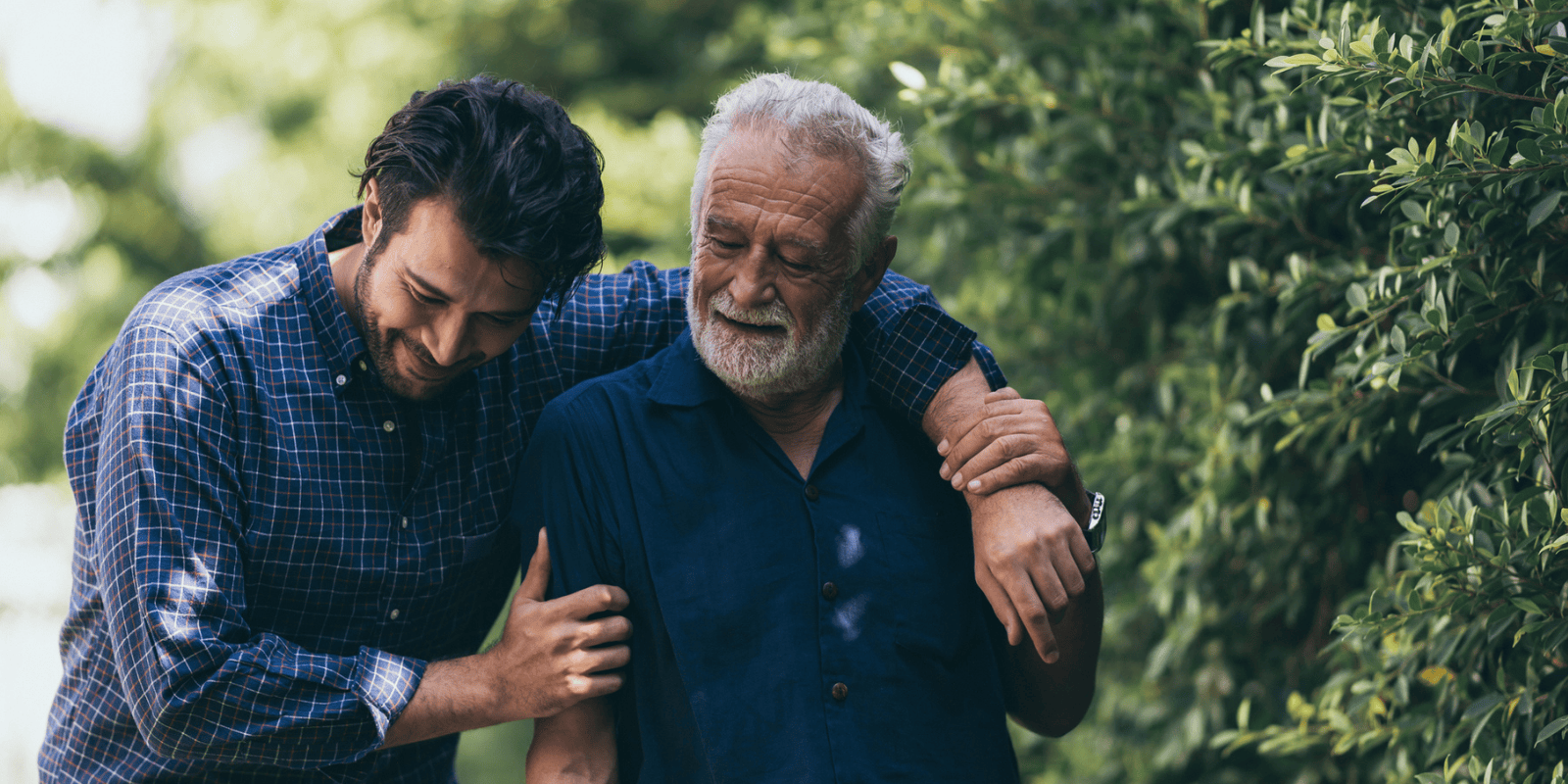
The value of death literacy
Metropolitan Memorial Parks
13 January 2026
In a world where conversations about death are often avoided, death literacy is emerging as an essential skill for navigating life’s final transition with awareness and compassion.
What Is death literacy and why does it matter?
Death literacy encompasses the knowledge, skills, and attitudes that enable us to better understand and navigate end-of-life matters. It's about more than just knowing the practicalities of funeral arrangements or legal documents. Death literacy involves emotional intelligence, cultural awareness, and the ability to engage in open, compassionate conversations about mortality.
.png?width=800&height=600&name=Module%20-%20image%20with%20Text%20(800%20x%20600).png)
The importance of death literacy
Death is an inevitable part of life, yet our society often leaves us ill-prepared to face it. Developing death literacy can:
- Reduce fear and anxiety about death.
- Empower us to make informed end-of-life planning decisions.
- Help us support loved ones through grief and loss.
- Foster meaningful conversations about what truly matters in life.
- Encourage advanced care planning, easing the burden on families during difficult times.
How can we develop our death literacy?
Improving your death literacy can be transformative. Here are five ways to deepen your understanding:
- Educate yourself - read books, attend workshops and death literacy webinars, or take courses on end-of-life care.
- Have open conversations - discuss your wishes with family and friends. Share stories and memories of those who have passed.
- Explore different cultural practices - learn about global death rituals and traditions to broaden your perspective.
- Engage with your community - volunteer at hospices or participate in death cafes to gain greater insights.
- Reflect on your own mortality - use your death literacy awareness to prioritise what's truly important in your life.

Take the first step towards death literacy
Developing our death literacy is a journey, not a destination. It's about embracing life fully by acknowledging its finite nature.
By doing so, we can live more authentically and support others – and ourselves – with greater compassion and understanding.
Take action today: Start a conversation about death with a loved one, or research end-of-life planning options. Remember, every step towards death literacy is a step towards a more mindful, connected, and meaningful life.
To learn more about grief, loss, and end-of-life planning, visit our Resource Hub for valuable articles and support materials.







-1.jpg?width=1600&name=Banner%20(7)-1.jpg)







.jpg?width=1600&name=RGC%20Gallery%20(3).jpg)




.jpg?width=2000&name=Copy%20of%20MMP%20Website%20Header%20Image%20Template%20(1).jpg)
.jpg?width=1600&name=WMP%20Wonderfully%20Made%20Memorial%20(1).jpg)

.jpg?width=2000&name=Copy%20of%20MMP%20Website%20Header%20Image%20Template%20(2).jpg)

.jpg?width=800&name=Untitled%20design%20(56).jpg)










.jpg?width=437&height=246&name=Dead%20Famous%20History%20Banner%20(4).jpg)

